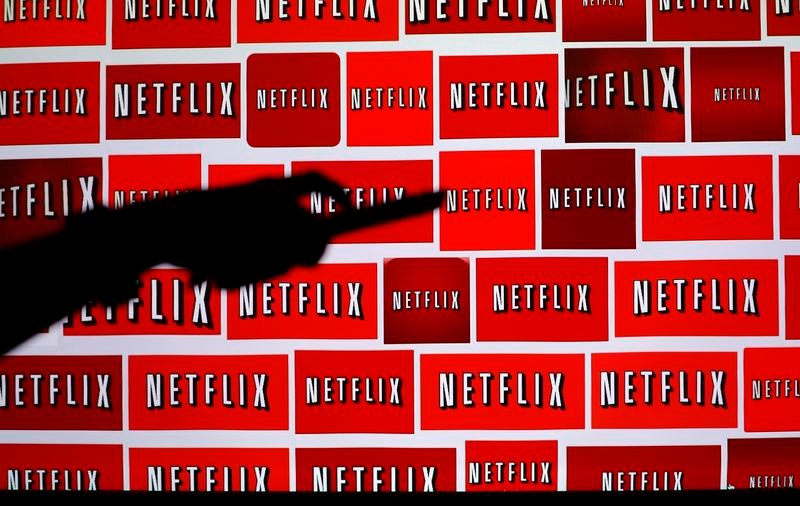On Friday, Phillip Securities adjusted its stance on Netflix (NASDAQ:) stock, downgrading the rating from Neutral to Reduce, even as the firm increased the price target to $870 from the previous $695. The revision comes in the wake of Netflix’s strong membership growth and the success of its advertising business, which led to a 4% hike in the forecasted FY25e revenue. According to InvestingPro data, Netflix shares are currently trading at $984.86, near their 52-week high of $999, with technical indicators suggesting overbought conditions. The stock appears overvalued based on InvestingPro’s Fair Value analysis.
Analysts at Phillip Securities acknowledged the streaming giant’s robust membership additions and thriving ad business as key drivers for the revision. They also noted an increase in the Profit After Tax and Minority Interest (PATMI) by 6%, attributing it to higher margins resulting from operational leverage, cost discipline, and the company’s strategy of gradual price hikes. The company’s financial health is remarkably strong, achieving a perfect Piotroski Score of 9 according to InvestingPro, which offers 20+ additional insights about Netflix’s valuation and performance metrics.
Despite the positive adjustments in revenue and PATMI projections, the downgrade reflects the recent uptick in Netflix’s share price. The analysts emphasized that the decision to lower the rating was a response to the stock’s strength, suggesting that the current market valuation might limit the potential for further upside. This concern appears justified, as Netflix has delivered an impressive 80.75% return over the past year, with revenue growing at 15.65% year-over-year.
Netflix continues to fortify its position as a leader in the Video on Demand (VoD) streaming market. The company has been successful in expanding its user base and increasing its average revenue per member (ARM). This has been achieved through a mix of premium content offerings and strategic pricing decisions.
The revised Discounted Cash Flow (DCF) target price of $870 underlines the firm’s recognition of Netflix’s ongoing market dominance and operational success. However, Phillip Securities maintained its assumptions for the Weighted Average Cost of Capital (WACC) and growth rate, indicating a consistent approach to their valuation methodology.
In other recent news, Netflix has been the subject of multiple analyst upgrades and price target increases following a strong fourth-quarter performance. Loop Capital Markets raised Netflix’s stock target to $1,000, maintaining a hold on the stock, following the addition of nearly 19 million new subscribers in Q4. Guggenheim also raised its stock target for Netflix to $1,100, reiterating a buy rating, highlighting the firm’s record 19 million net member additions for the quarter.
Rosenblatt Securities upgraded Netflix’s stock from Neutral to Buy, setting a price target of $1,494, following the company’s strong fourth-quarter performance. Similarly, MoffettNathanson raised Netflix’s price target to $850, citing expectations of accelerated revenue growth and EBIT margins for the years 2025 and beyond. Needham analysts also raised their price target from $800 to $1,150, following the company’s substantial increase in subscribers and a forecast of ad revenue doubling in 2025.
Netflix’s growth has been attributed to several factors, including a significant increase in the price of its domestic standard tier, strong revenue guidance for 2025, and an upward adjustment of its operating margin target. Despite the positive subscriber growth, Loop Capital noted some areas of concern, including lower first-quarter revenue guidance due to foreign exchange impacts and a sequential deceleration in constant currency average revenue per membership growth.
In other recent developments, Netflix’s advertising business is reportedly showing promising development, and the company’s strategic moves into live and sports programming were highlighted in Loop Capital’s notes. These adjustments reflect the recent developments and continued growth in Netflix’s operations, including the expansion of its advertising-supported tier and the contributions from its gaming, live, and sports offerings.
This article was generated with the support of AI and reviewed by an editor. For more information see our T&C.



